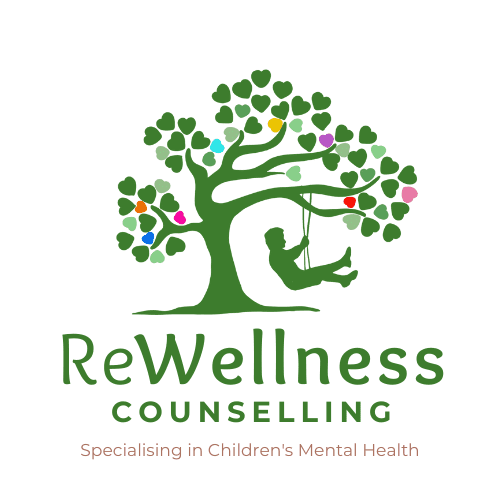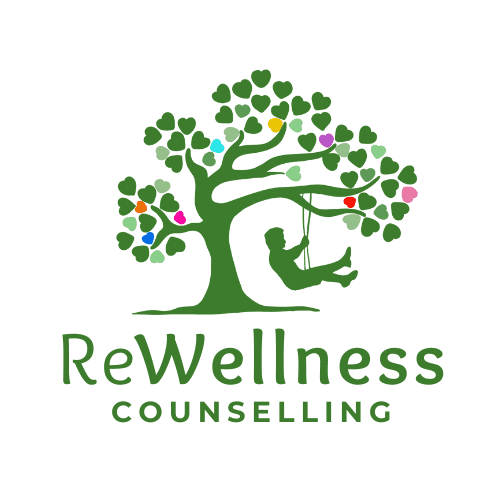Young people today are faced with a multitude of challenges and pressures, from school and family life to body image and peer relationships. Counselling is an invaluable tool for helping young people manage these external pressures, as well as navigate their own inner emotional landscape. By providing a safe space for young people to explore how they feel about different aspects of life, counselling can help them develop the confidence to make positive decisions in their personal life and achieve better outcomes.
Counselling is an invaluable resource for young people. It provides a safe space to discuss and process difficult emotions, events, and experiences. Counselling can help young people learn about themselves and their relationships with others, build resilience in the face of adversity, and develop healthy coping strategies. It can be used to address issues such as mental health conditions, bullying or trauma, as well as general life changes that may be causing distress.
Benefits of Counselling
Counselling is an important and beneficial tool for young people who are dealing with issues such as mental health, family dynamics, and stress. Counselling can help young people to process their thoughts and feelings in a safe environment so that they can come to terms with the difficulties they are facing.
The advantages of counselling for young people include improved self-awareness, increased confidence when facing difficult situations, better communication skills, and greater understanding of personal values and beliefs. Counselling sessions provide a platform where young people can share their worries without fear of judgement or ridicule. Through counselling, they can develop strategies to cope with life’s challenges and learn how to put themselves first without feeling guilty.
Young people often feel overwhelmed by the daily pressures of schoolwork, friendships and developing relationships at home or in the community.
Conclusion: Maximising Benefits
Counselling is an important intervention for young people in need of emotional and mental support. It can be used to help them cope with a range of issues, from depression and anxiety to trauma and substance abuse. This article has explored the many ways that counselling can be used to maximise benefits for young people.
The key to maximising the benefits of counselling is understanding each person’s individual needs and providing tailored support that meets those needs. Counsellors must have a thorough understanding of the particular challenges faced by a young person so they can develop strategies to help them cope with their experiences, both now and in the future. Additionally, it’s important for counsellors to provide guidance on how best to incorporate any new skills or abilities into everyday life in order for meaningful change to take place.


